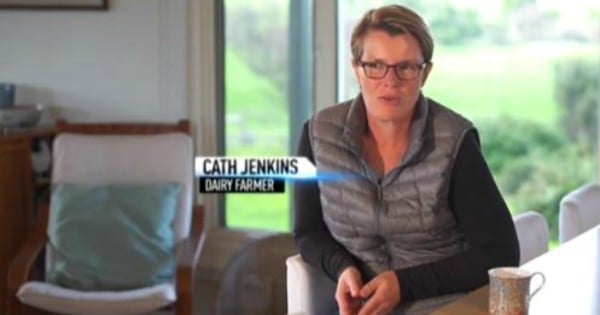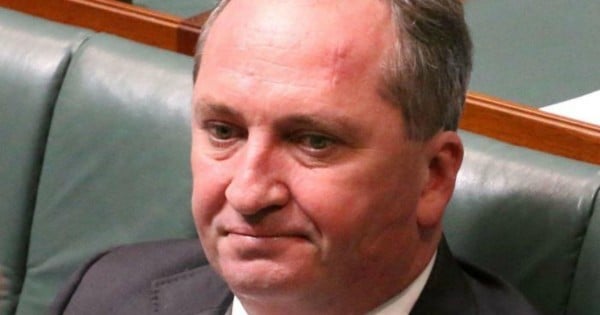
In election campaigns past, the litmus test of whether a politician is in touch with the people is whether they know the price of milk.
It’s a classic ‘gotcha’ question from journalists and a politician would be ill-prepared if they fronted an interview or debate without knowing the cost of milk, bread or petrol.
It’s fair to say that every politician in Australia knows what the price of milk is right now – and the plight of our dairy farmers took centre stage in this week’s campaigning.



Top Comments
If the farmers are expecting the nationals to help them they will be disappointed as the nats ceased to be a primary producers and country persons party a while a go.Their primary function now is as an add on to the LNP that really dont want them but need them as they would never get elected as a stand alone party.Bit like the kid at school that was bad at sports but you had to pick to make up the numbers.I should know,I was that kid